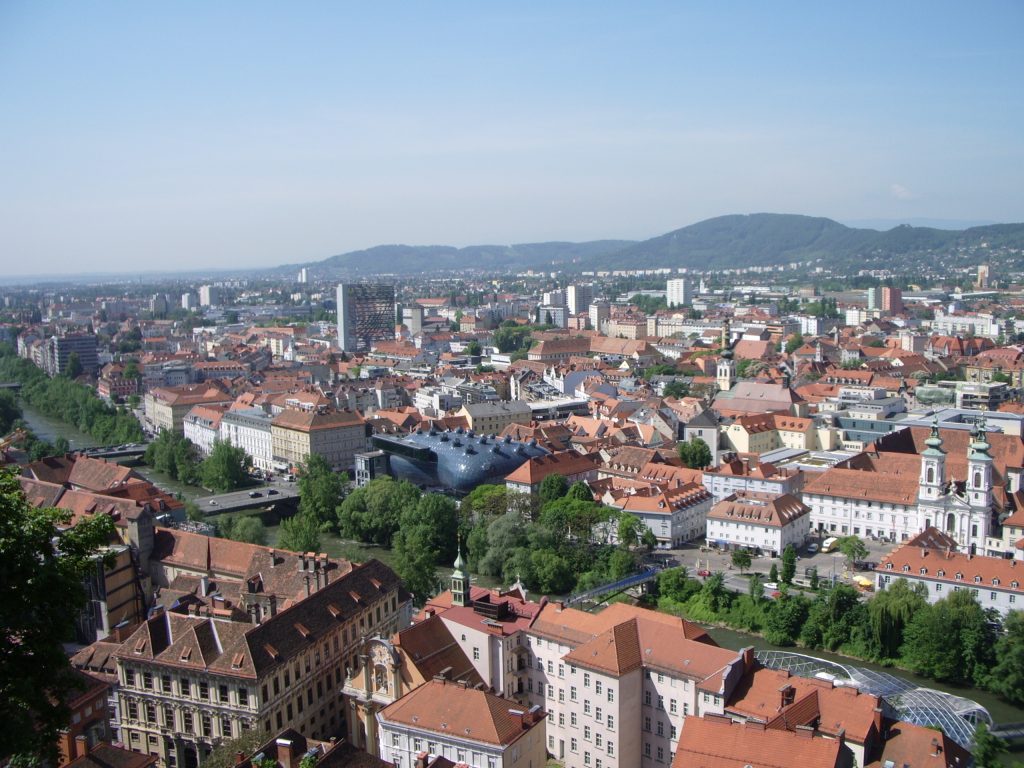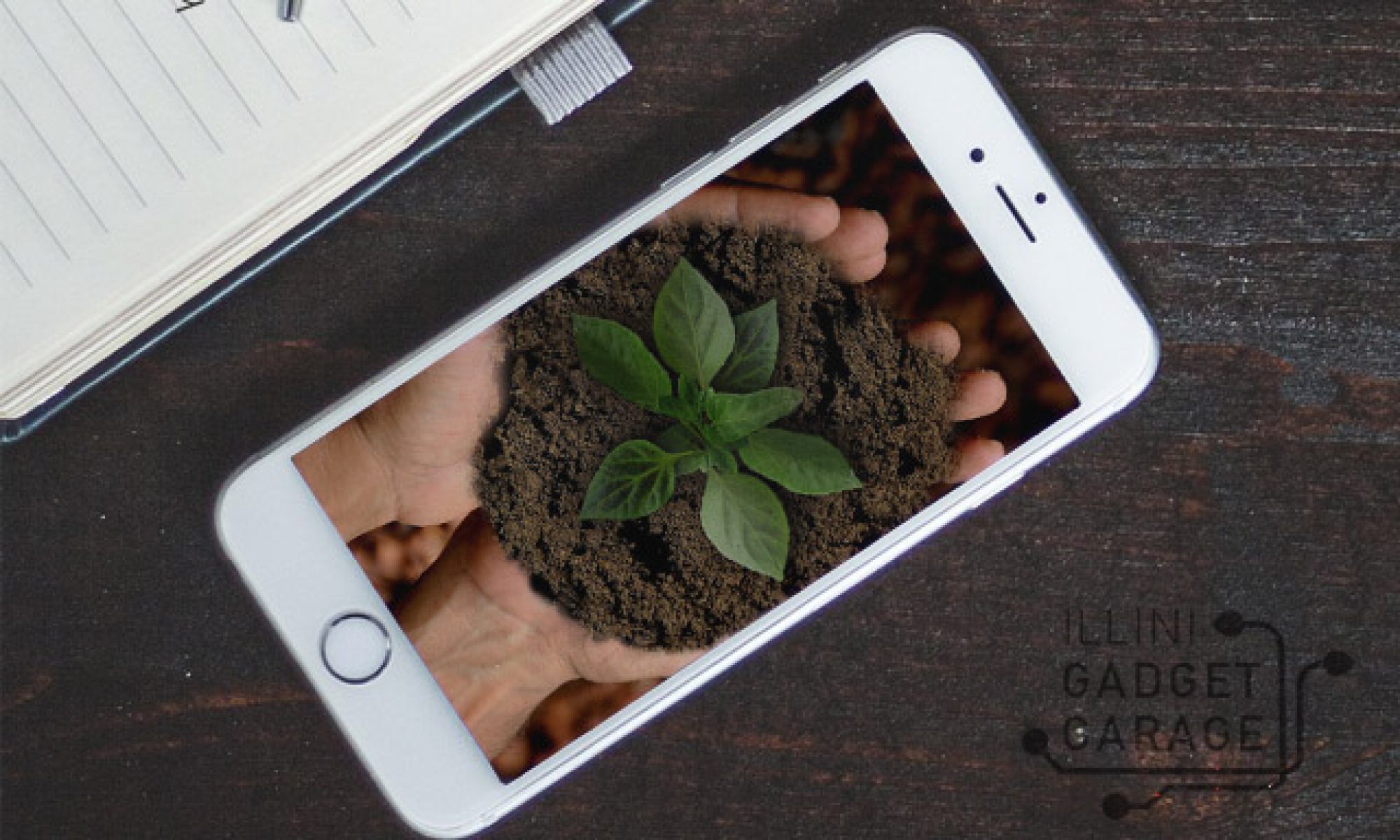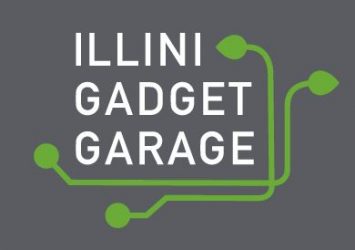We want to help spread awareness of like-minded projects that foster repair, reuse, consumer empowerment, and community building throughout the world. So we’re highlighting these “kindred spirits” in a series of posts on “Repair Elsewhere.” Look for other posts in the series within the “Repair” category in our post archives or by entering “repair elsewhere” in the site search bar.
The Austrian city of Graz just became one of our favorite places in the world! Why, you ask? Because residents of Graz are actually paid to repair their electronic devices rather than replace them. According to a May 5, 2018 report on the RREUSE web site,
“The Austrian city of Graz has become a non-proclaimed European capital of repair following the introduction of a new funding programme encouraging households to repair rather than replace their electronic devices. Launched in 2017, the scheme gives citizens the opportunity to be reimbursed for up to 50% of repair costs amounting to a maximum of 100 EUR per year. In its first year of operation over 160 households benefitted from this ‘repair bonus,’ with over 90 claims having been registered in the first two months of 2018, indicating a significant rise in interest. The reimbursements apply exclusively to repairs of electrical devices carried out by authorised services registered in the ‘Austrian Repair Guide.'” As of the date this post was written, 100 Euros equal $117.35 (USD).
The City of Graz Department of Environment manages this repair incentive program, recognizing the fact that buying a new device is often cheaper than paying to repair a device already owned. This reality of course creates an economic incentive to discard electronics and appliances before the products have ceased being useful–resulting in more material entering waste streams, and more resources being invested in the manufacture of new products than might otherwise be the case.
The article further points out “In addition to the repair bonus, Graz has also introduced a parallel funding instrument of up to 1200 EUR per year which is available for non-commercial repair initiatives such as repair cafes in order to cover cost of operation, consumables or public relations activities.” Again, as of the date of writing this post, 1200 Euros equals $1404.18 (USD).
We wish there was a similar scheme to incentivize repair, and to support non-commercial repair initiatives (like the Illini Gadget Garage) here in Illinois, or anywhere in the US for that matter!

We applaud the Graz Department of Environment for recognizing the economic barrier to repair and taken action accordingly. If repair cost (or perception of how much repair might cost) is making you to consider replacing an electronic device or small appliance, consider coming in to the Illini Gadget Garage. We’ll guide you through troubleshooting the problem, and repairing the item yourself, if you’re open to that. The cost of a new part is often so much cheaper than buying a new device, especially if you’re willing to do the labor yourself. If you don’t have the time to try our collaborative repair approach, if repairs required are complex, or if you ultimately decide not to give the “do-it-together” route a try, we can help you research local repair options (though we cannot refer you to specific shops and do not endorse any particular businesses). We’ll help you identify shops that work on the type of device you need assistance with, so you can call them to ask about costs, check out online reviews, etc. We’re here to help you become more educated about repair and more comfortable with considering repair before you make any decisions about recycling, donating, or throwing away a device. Note that we can help you find local recycling and donation options too, if that’s needed.
We’re not likely to open a branch of the Illini Gadget Garage in Austria any time soon, but if you’re interested in making a donation to support our free-to-public collaborative repair services, see the “Donate Form” page for more information (and thank you!).

